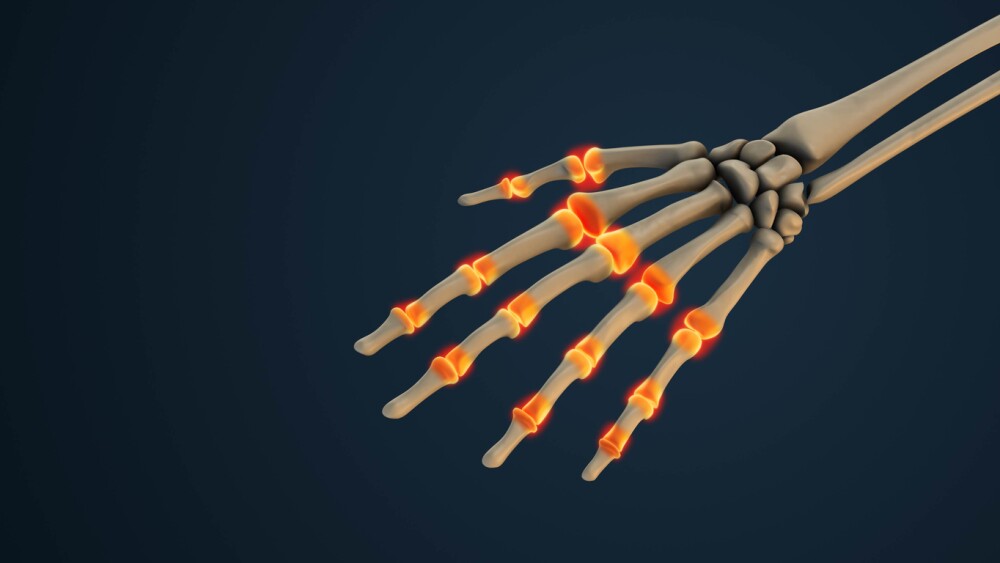Agreement will lead to new LamellasomeTM applications and IP
Bellshill, Glasgow, UK - 29th February 2016 - Lamellar Biomedical, a biotechnology company developing a range of patent-protected medical devices and pharmaceuticals, based on its unique Lamellasome™ technology, announces the signing of a research agreement with Edinburgh Complex Fluids Partnership (ECFP). ECFP is the industrial arm of the Soft Matter and Biological Physics Group in the School of Physics and Astronomy of the University of Edinburgh, and exists to facilitate two-way knowledge exchange between fundamental research and practical product formulation. The agreement has been structured to provide Lamellar with the ability to engineer and create novel Lamellasomes for bespoke purposes. Lamellar is confident that by working with this world-leading collaborative group of scientists it can generate:
• A more detailed understanding of the biophysical properties of Lamellasomes and hence their mode of action.
• A range of new applications for its current line-up of Lamellasomes.
• Novel Lamellasomes.
• Further IP to supplement and broaden Lamellar’s patent portfolio.
Alec McLean, CEO of Lamellar Biomedical, said: “I am delighted we have signed this very important agreement. We have already made significant progress in developing our pipeline of Lamellasome-based medical devices and therapeutics and protecting them with robust IP. I am confident that by working with ECFP we will be able to gain important biophysical insights to supplement our existing patent protection as well as explore new applications for our existing Lamellasomes. In addition, we plan to develop new Lamellasomes with an even broader range of applications while generating additional IP. I see this deal as a key step in allowing Lamellar to deliver the significant value that lies within our Lamellasome platform and maintain our leadership in this important new field.”
Professor Wilson Poon, FRSE of ECFP said, “We are looking forward to providing more insights into the biophysical properties that allow Lamellasomes to regulate the internal interfaces between human tissues as well as the interfaces between tissues and the external environment such as in the mouth and lungs. We are confident that once we have this more in-depth knowledge we can assist Lamellar in generating new products and applications that will allow them to create more clinical applications for unmet patient needs.”
Bellshill, Glasgow, UK - 29th February 2016 - Lamellar Biomedical, a biotechnology company developing a range of patent-protected medical devices and pharmaceuticals, based on its unique Lamellasome™ technology, announces the signing of a research agreement with Edinburgh Complex Fluids Partnership (ECFP). ECFP is the industrial arm of the Soft Matter and Biological Physics Group in the School of Physics and Astronomy of the University of Edinburgh, and exists to facilitate two-way knowledge exchange between fundamental research and practical product formulation. The agreement has been structured to provide Lamellar with the ability to engineer and create novel Lamellasomes for bespoke purposes. Lamellar is confident that by working with this world-leading collaborative group of scientists it can generate:
• A more detailed understanding of the biophysical properties of Lamellasomes and hence their mode of action.
• A range of new applications for its current line-up of Lamellasomes.
• Novel Lamellasomes.
• Further IP to supplement and broaden Lamellar’s patent portfolio.
Alec McLean, CEO of Lamellar Biomedical, said: “I am delighted we have signed this very important agreement. We have already made significant progress in developing our pipeline of Lamellasome-based medical devices and therapeutics and protecting them with robust IP. I am confident that by working with ECFP we will be able to gain important biophysical insights to supplement our existing patent protection as well as explore new applications for our existing Lamellasomes. In addition, we plan to develop new Lamellasomes with an even broader range of applications while generating additional IP. I see this deal as a key step in allowing Lamellar to deliver the significant value that lies within our Lamellasome platform and maintain our leadership in this important new field.”
Professor Wilson Poon, FRSE of ECFP said, “We are looking forward to providing more insights into the biophysical properties that allow Lamellasomes to regulate the internal interfaces between human tissues as well as the interfaces between tissues and the external environment such as in the mouth and lungs. We are confident that once we have this more in-depth knowledge we can assist Lamellar in generating new products and applications that will allow them to create more clinical applications for unmet patient needs.”




